Abilities, proficiency, and skills in Baldur's Gate 3 explained
Get to grips with all the numbers on your character sheet with our easy guide.
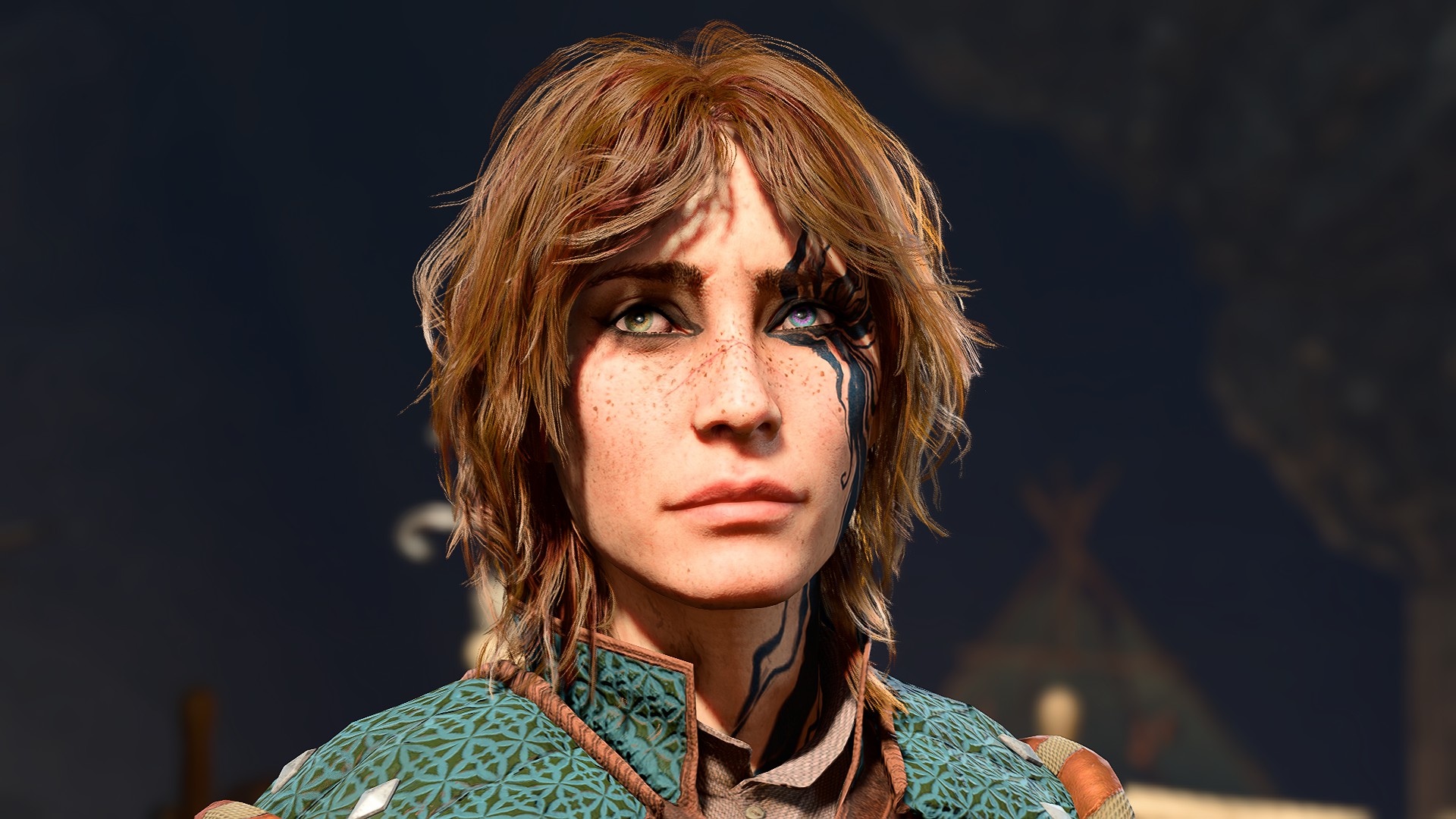
Getting your head around Baldur's Gate 3's character creation isn't easy. Even after you've finally settled on what class and race you want to play, you'll find lots more details on your sheet that may be rather less clear to you—including abilities, proficiency, and skills. But don't fear! It's all pretty simple once you know how it works, and I'm here to explain.
Assigning abilities
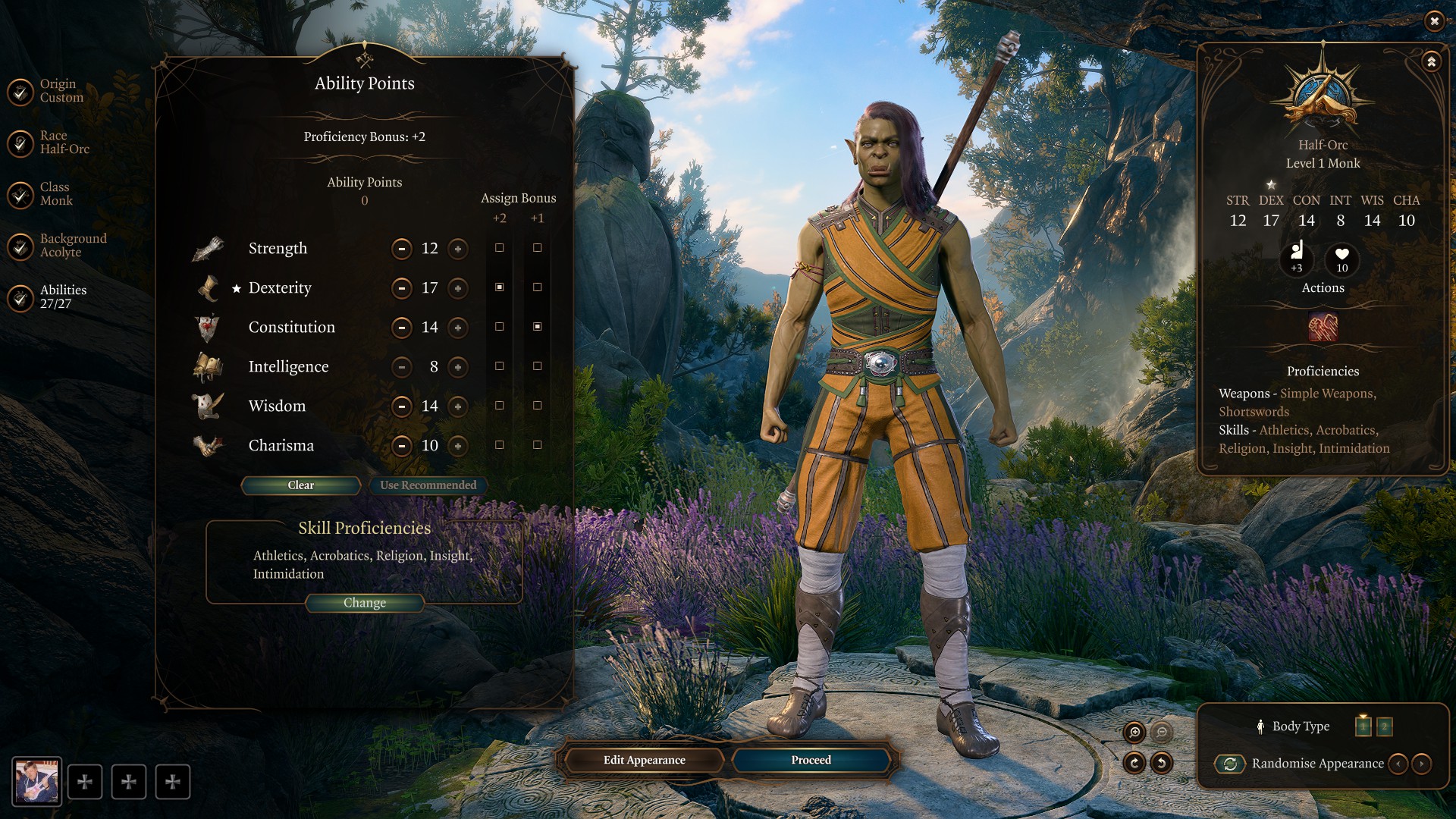
Ability scores and ability bonuses
Your abilities are the six core stats of your character, defining how powerful they are both physically and mentally. Each ability has a score (the big number) and a bonus (the little number). For the most part, the bonus is what you need to worry about—that's the number that will get added to relevant rolls.
Every two points in an ability score over 10 translates to a +1 bonus—for example, a score of 14 is a +2 bonus, while a score of 18 would be a +4. Importantly, this means that an odd numbered score is not usually useful—any you do have, you should be planning to even out with future level ups.
Your ability score is rarely used, other than sometimes being a requirement for using certain items or taking certain feats. If you're sitting there thinking "Well, why don't they take ability scores out and just use the bonus, then?" then you're absolutely right—D&D mostly just keeps things like this for nostalgia's sake, and Baldur's Gate 3 is a very faithful adaptation.
Assigning ability scores

Baldur's Gate 3 guide: Everything you need
Baldur's Gate 3 tips: Be prepared
Baldur's Gate 3 classes: Which to choose
Baldur's Gate 3 multiclass builds: Coolest combos
Baldur's Gate 3 romance: Who to pursue
Baldur's Gate 3 co-op: How multiplayer works
You'll find once you've selected a class that the game has already assigned you a default set of abilities. These are mostly pretty solid, and if you want to just stick with what you're given, you shouldn't be at a disadvantage. But if you do want to tweak them, you'll need to understand the system behind them.
The way it works is, each of the six abilities starts at 8, and you have 27 points to bump them up with. It takes one point per point up to a score of 13, and two points per point beyond that. At this stage, 15 is the maximum you can have. Still with me?
You also have a +2 and a +1 to assign to your ability scores. This comes from your race—traditionally in D&D, each race used to have fixed bonuses to certain abilities, but in the current 5e rules and in Baldur's Gate 3, you're free to assign these to whichever abilities you wish. These bonuses apply after everything else—meaning they can take an ability past the normal maximum of 15, and they ignore the increase in cost of ability points past 13.
The biggest gaming news, reviews and hardware deals
Keep up to date with the most important stories and the best deals, as picked by the PC Gamer team.
The key thing to keep in mind is that for most classes, you'll want your class's primary ability to be at 17 if possible. That's the maximum you can reach in character creation, and you'll be able to tick it up to 18 when you get your first ability score improvement at level 4.
For example, a sorcerer uses Charisma to cast spells, so they'll want Charisma at 17; a fighter uses Strength to make attacks, so they'll want Strength at 17; and a rogue uses Dexterity to make ranged attacks and use finesse weapons, so they'll want Dexterity at 17.
This isn't a hard and fast rule—you can play a Dexterity-based fighter, for example, and the hybrid classes like Ranger or Paladin can be better off having a more even spread of points. But it's always worth keeping in mind what the main ability you'll be rolling with in combat will be.
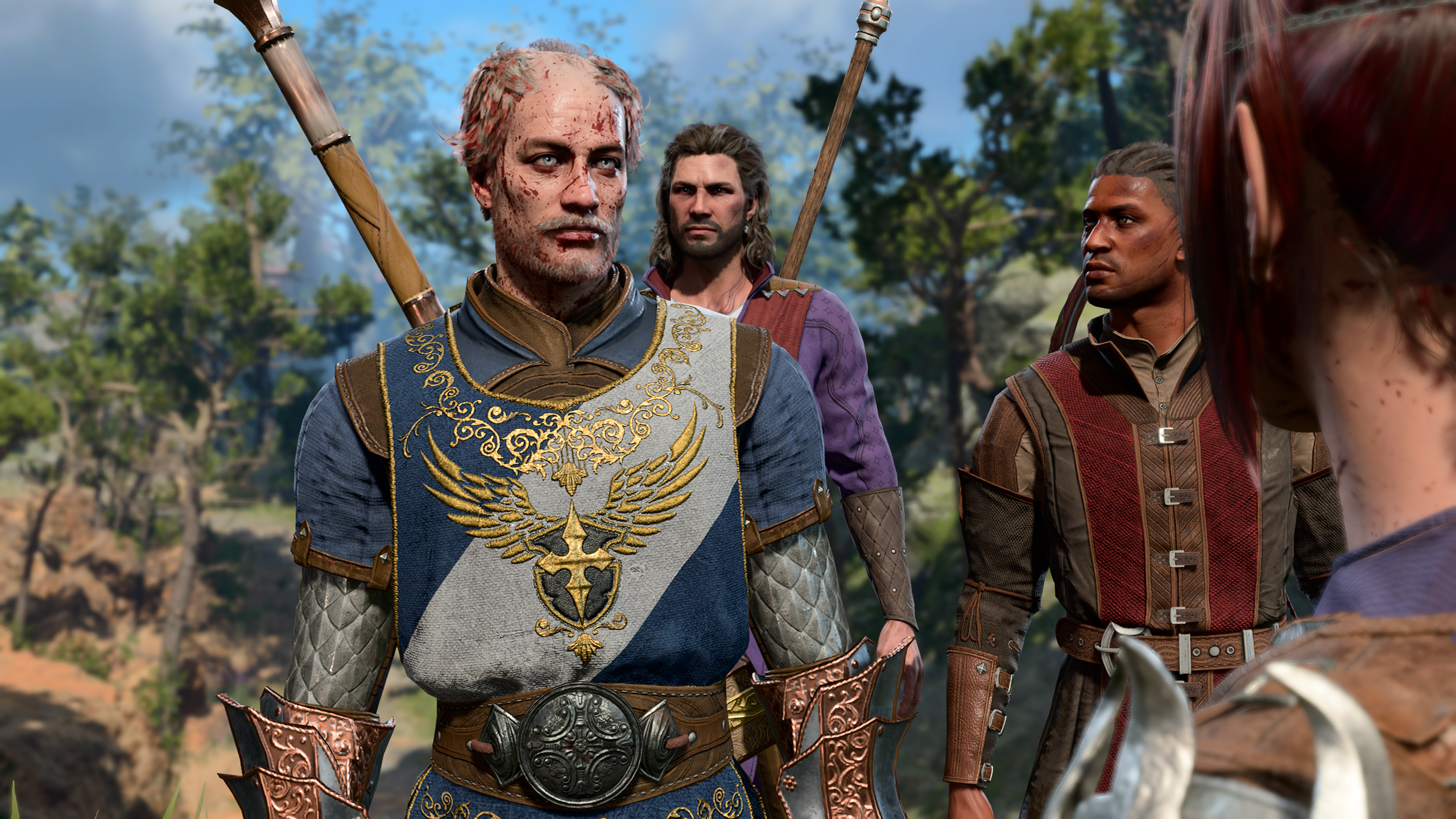
Improving abilities after character creation
At certain level ups, you'll gain the option to improve your abilities. The first is at level 4, and for most classes again at every 4 levels beyond that (though some, such as Rogues, get them more often).
An ability score improvement lets you increase two abilities by one each, or one ability by two. This isn't subject to the rising cost of improving abilities that you have during character creation.
You'll usually want to spend the first two ability improvements you get on getting your primary ability to 20 (the maximum an adventurer can have) and potentially evening out one of your odd-numbered scores. It is a trade-off, however—instead of taking an ability improvement, you can take a feat, which grants a powerful new bonus to your character. Usually, simply having higher bonuses to your attacks and/or spellcasting will be the better choice, but if you're going for a specific style of play that you think a feat is vital to, you'll need to weigh up that choice.
If you ever find yourself only needing one more ability point, keep in mind that there are some feats that provide one point alongside some other bonus—such as Weapon Master, which grants proficiency in four weapons in addition to adding one to Strength or Dexterity.
It's not always easy to get your attribute spread exactly right—if, after a level up, you realise you've gotten the numbers wrong and you have wasted points, you can always go to Withers in your camp to respec your character and shuffle things around.
What the six abilities do
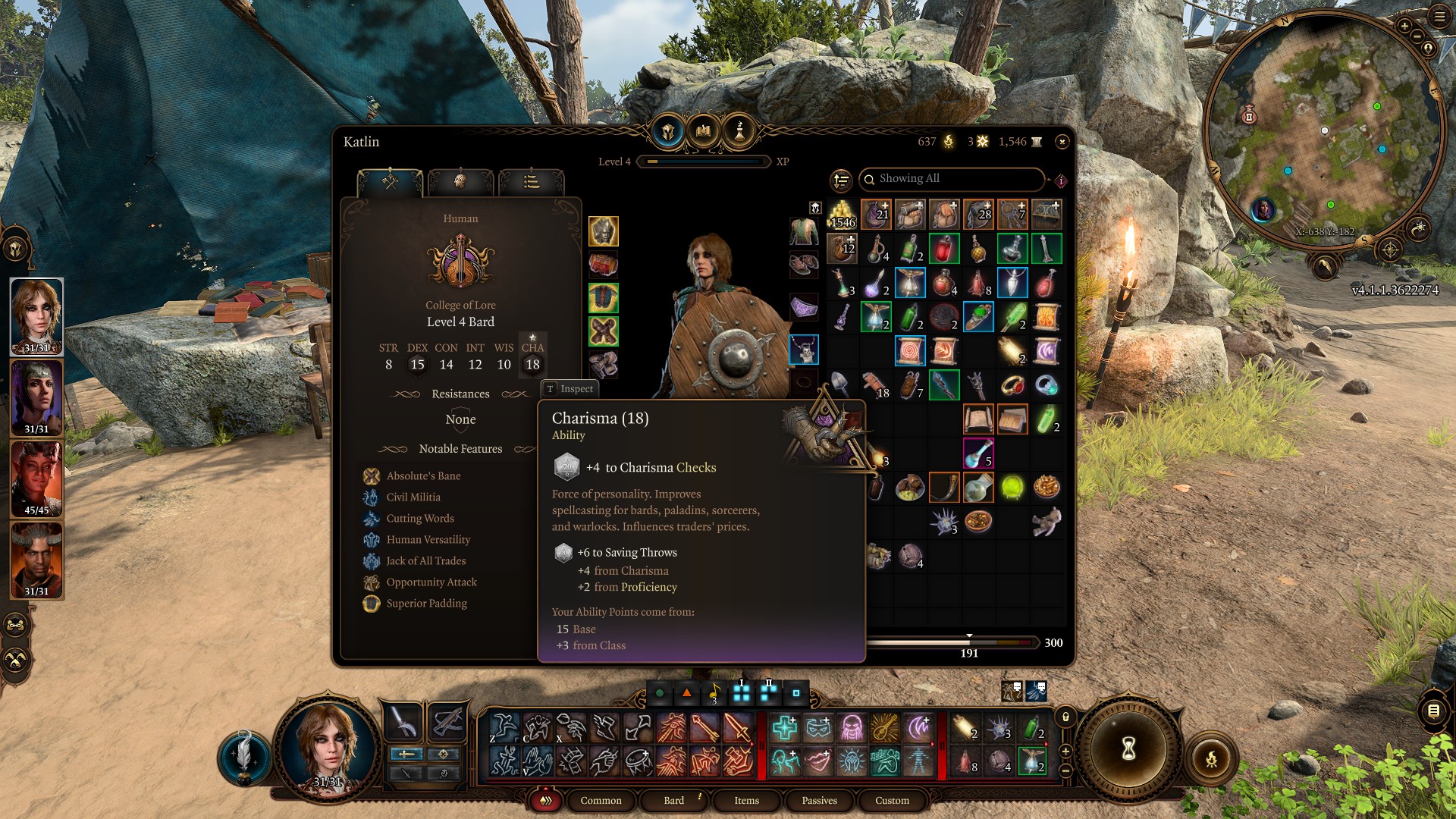
If you're wondering what you get out of each ability, let me break it down. Note that beyond the benefits listed below, each ability is also used for saving throws (e.g. rolling against Intelligence to resist a mind-affecting spell), but don't worry too much about that at character creation—there'll always be some saves you're good at and some you aren't, and it's not really worth letting that influence your build.
Strength (Str)
When using a melee weapon, you add your Strength bonus when you roll to hit and to your damage. There are exceptions to this rule—such as weapons with the finesse rule (including rapiers and daggers) that use Dexterity, as well as certain class features and spells allowing you to use other abilities (such as the Warlock's Pact of the Blade that lets them use Charisma instead, or the Druid's Shillelagh spell that lets them use Wisdom). But basically, if you want to be a big muscly character with a greatsword, chances are Strength is your friend.
In terms of skills, Strength contributes only to Athletics—but that does include rolls made to shove enemies or resist being shoved yourself, which can make a big difference when you're fighting next to a cliff edge. It also impacts on how much you can carry and how far you can jump, which is handy. In general, though, if you're not using it regularly for melee attacks, you can probably leave it at 10 or even 8, as it'll probably be your least used ability. Just get Lae'zel to carry all your junk.
Dexterity (Dex)
Lots of classes have a good use for Dexterity. It's added to ranged attacks and melee attacks with finesse weapons, but even if you're not doing either of those, having a few points in it is still handy.
The main reason is that your Dexterity bonus improves your AC—the number that enemies have to roll to hit you. Light armour lets you add your full Dexterity bonus to AC; medium armour restricts it to a maximum of +2, making 14 the magic number for classes like barbarian and druid. Heavy armour doesn't let you add your Dexterity bonus at all, so if you're planning to fully encase yourself in metal, you might want to make this your lowest ability. Check your proficiencies on the right of the character creation screen if you're not sure what you'll be able to wear.
Dexterity also affects a few key skills, including Sleight of Hand (used for lockpicking and disarming traps) and Stealth (used for staying out of sight), which together open up all sorts of exploration options and opportunities for immersive sim-like shenanigans in Baldur's Gate 3. It gives you a bonus to your Initiative score too, which means it helps you to act before enemies in combat.
Constitution (Con)
You'll never want Constitution to be your highest score, because it's not used for any attacks or spellcasting and it doesn't affect any skills. But almost everyone will want it at 12-14 because your Constitution ability bonus is added to your maximum hit points. You gain the bonus again every time you level up and get more hit points, so over the course of your character's career, a healthy bonus can make a big difference. If you've got some points left over and aren't sure where to put them, you can't go wrong bumping up your Constitution bonus.
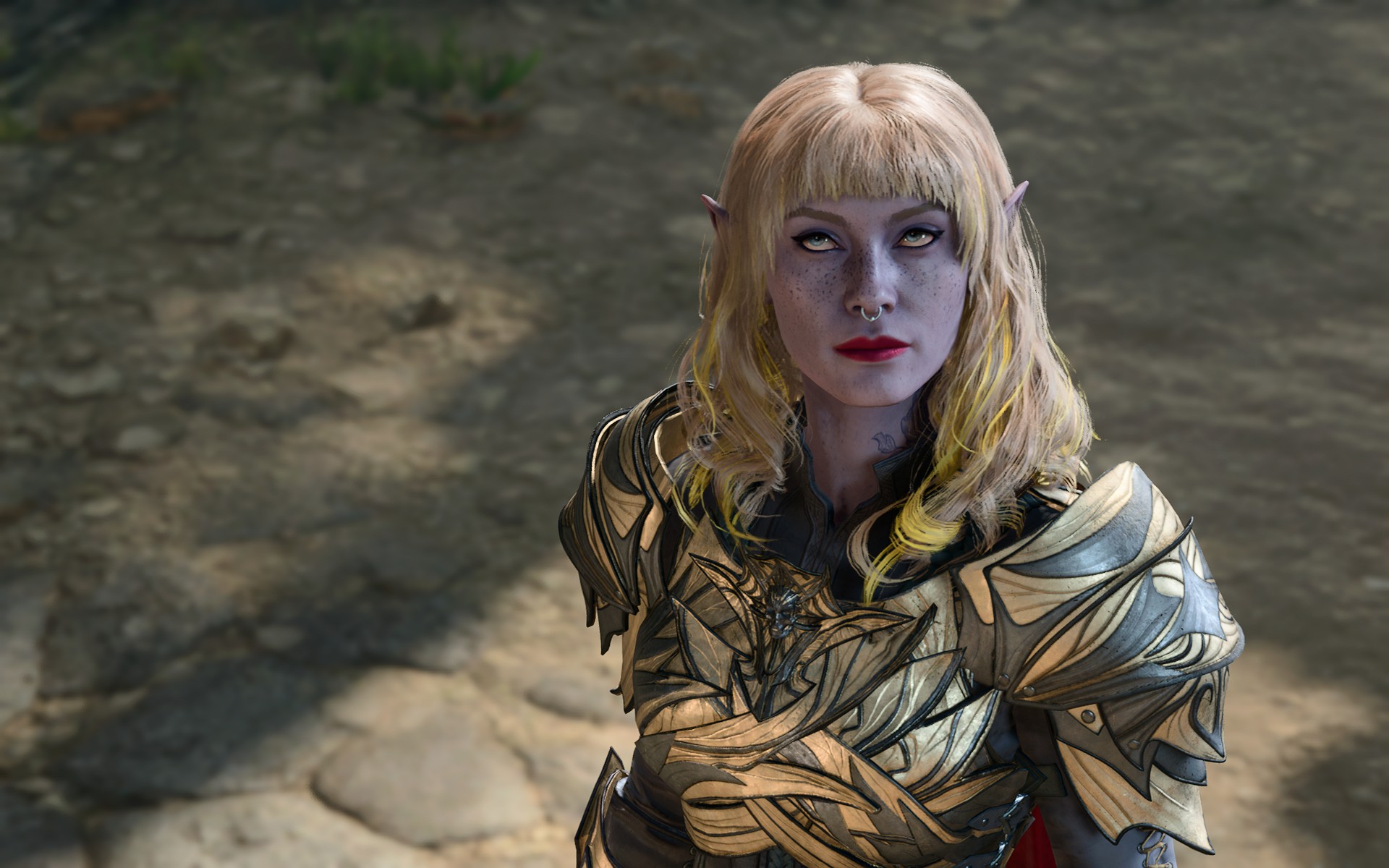
Intelligence (Int)
For combat purposes, only wizards and those who use wizard spellcasting (such as rogues with the arcane trickster subclass) will feel the benefit of Intelligence regularly. But outside of combat, Intelligence adds to all the knowledge-based skills, such as Arcana, Nature, and Religion. If you're someone who loves to find all the little lore tidbits in a big RPG like this, a bit of Intelligence may be a good idea even if you're playing a big, armoured brute.
Wisdom (Wis)
Clerics and druids will want this as high as possible for their spellcasting, and rangers will want it at 14 or 15 for their more limited magic. Monks also benefit through some of their class abilities. For other classes, it's a trickier choice. Wisdom doesn't have any other effect on combat, but it does add to some key skills and rolls.
Perception lets you find hidden secrets, and save your life when it reveals traps; Insight lets you figure out all sorts of important things about other characters; Survival lets you find buried treasure; and Animal Handling, in Baldur's Gate 3's own words, lets you "pet all of the dogs". It's also used for many of the rolls relating to resisting or embracing the influence of the Mind Flayer tadpole in your brain, which is a major element of the story.
Charisma (Cha)
Sorcerers, bards, warlocks, and paladins all use this for their spellcasting. Beyond that, it's the ability that adds to social skills, such as Persuasion and Deception—given that by default your created character will always be the face of the party, that can be really important. If you like talking your way out of fights, put at least a few points in Charisma.
Proficiency
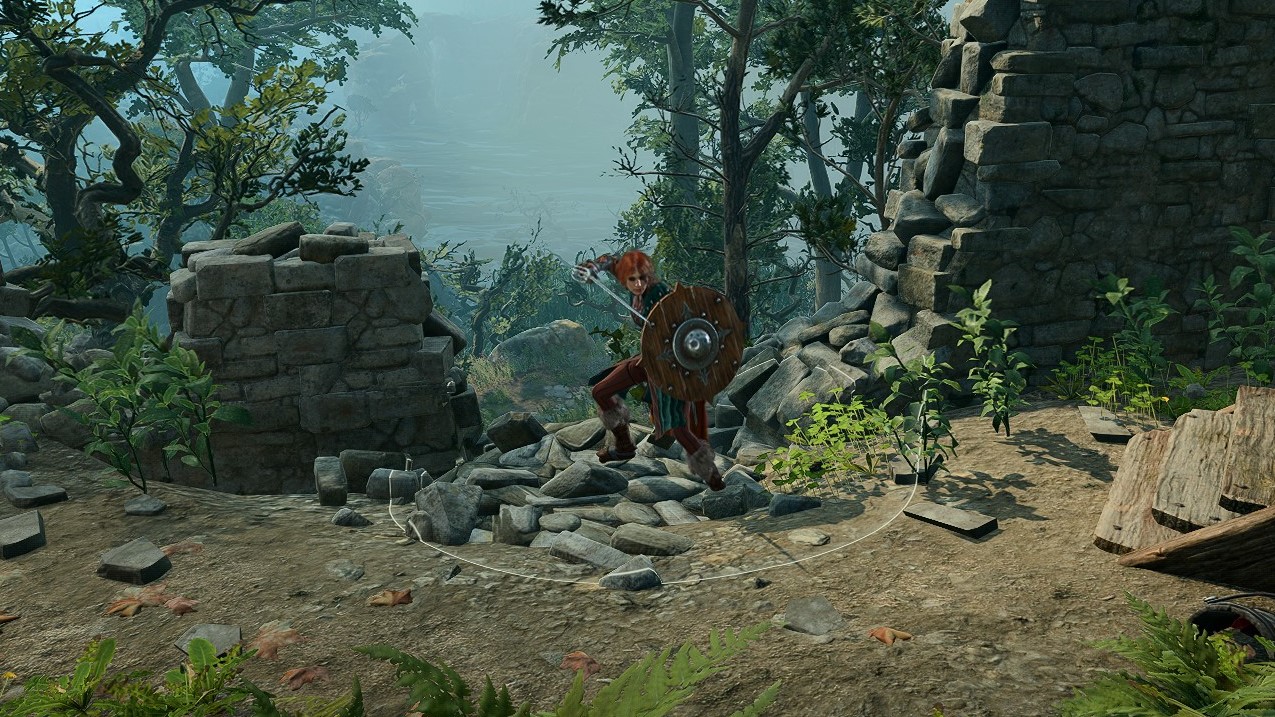
Perhaps the single most important number on your character sheet is your proficiency bonus. This number is added whenever you make a roll for something you are proficient at. That includes, for example, attack rolls made with any weapon you're proficient with, which makes a huge difference to your accuracy in combat.
It's also added to any skill checks you make with a skill you're proficient in, and for spellcasters it's added to spell attacks. In other words, it's basically added to any roll for something your character is supposed to be good at.
Your proficiency bonus is completely separate from your ability scores, and you don't need to worry about putting points in it—it just goes up automatically at certain levels. This means you don't have to individually improve your skills at each level to keep up, or constantly be on the search for better and better to-hit bonuses on magic weapons, as you may have in past D&D games based on the 2e or 3.5 rules. The proficiency bonus simplifies all that down to one simple number.
You'll automatically be proficient with a number of different weapons and armours based on your class and race. For skills, you'll need to choose which ones you want to be proficient in.
Wearing armour you're not proficient in prevents you from casting spells, and lowers your chances of succeeding on any roll involving Strength or Dexterity—including both attack rolls and skills. Using weapons you're not proficient in means you don't get your proficiency bonus to attack—and in Baldur's Gate 3, it also denies you access to special weapon-specific attacks.
Skills
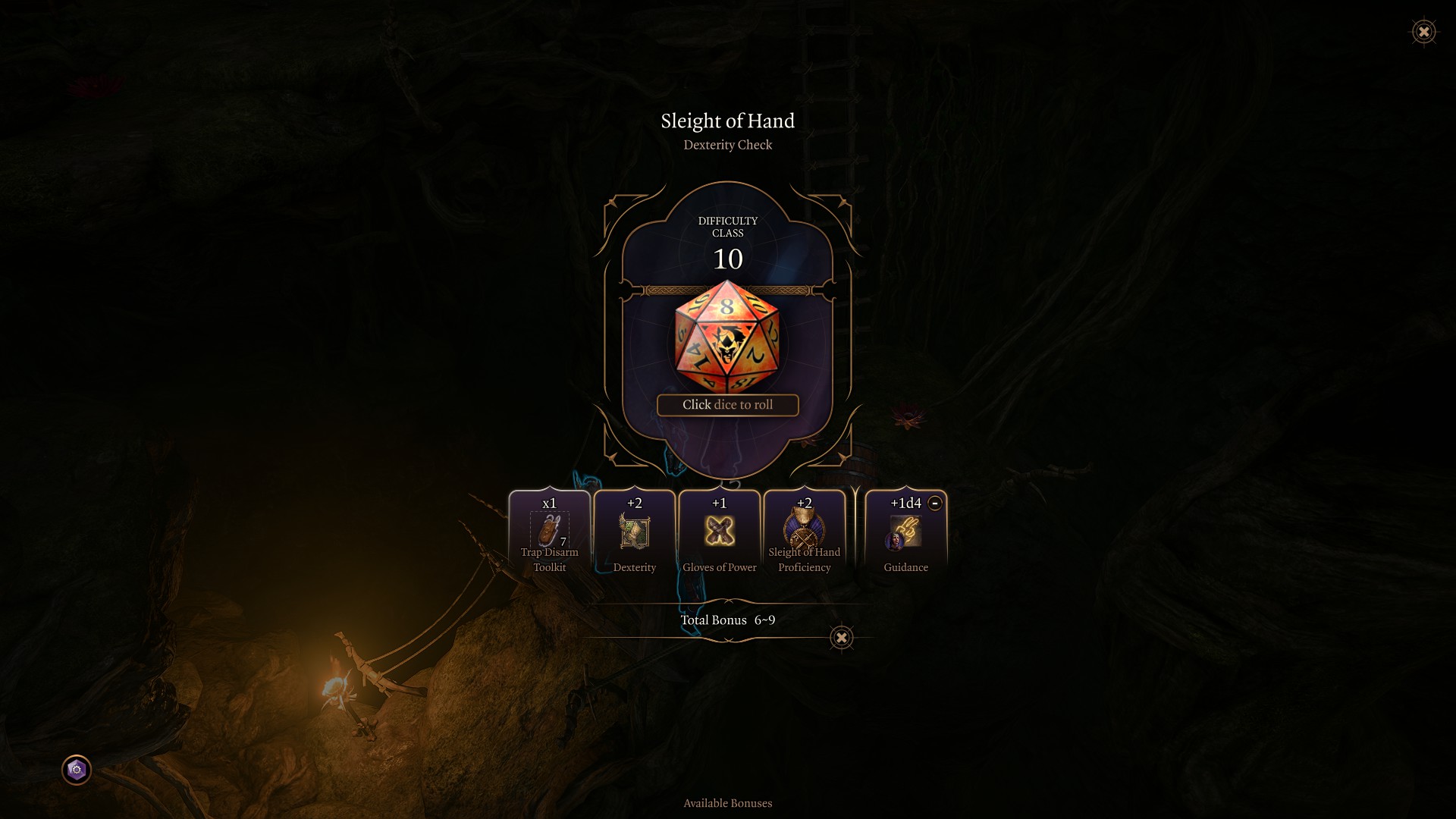
At character creation, you get to choose a number of skills to be proficient in. The amount you get, and which skills you get to pick from, is determined by your class. The game will pick these for you, but if you go to Abilities and click the "Change" button under "Skill Proficiencies", you can change them to different ones if you'd prefer.
You also gain two skills from your background. Choose a background carefully, though—it's more than just a way to get more skills, it will also affect how you're able to gain bonus XP and re-rolls on your adventure.
Not all skills are created equal, and it's not always clear what effects a skill will have in-game—so let me break them down for you.
Athletics (Str)
Used for feats of strength and endurance, and affects your ability to shove and resist being shoved in combat. Shoving can be really useful—allowing you to push characters off high drops for easy kills—but otherwise, this skill doesn't seem to come up too often.
Acrobatics (Dex)
Your agility and physical coordination. This one can also be used to resist shoves, but again otherwise only comes up rarely.
Sleight of Hand (Dex)
This skill is used for picking pockets, which can be very profitable. But even if you're not a thief, it's a vital skill for dungeon-crawling and exploration, because it's used to pick locks and disarm traps.
Stealth (Dex)
Lets you keep out of sight. Great for thievery, but again even honest sorts should consider it because Baldur's Gate 3 is full of options for ways to sneakily get around fights or turn things to your advantage—like creeping up and dropping a big stone block on an enemy's head before combat begins.
Arcana (Int)
This skill is all about figuring out weird magical stuff—and in a fantasy world, that comes up a lot. This has been one of my most used skills, and the information it reveals is often extremely useful.
History (Int)
Good for knowing extra tidbits of lore, but I've not found it to be a super commonly used skill so far.
Nature (Int)
Makes you better at sussing out plants and animals. If, like me, you plan to spend half the game using Speak With Animals to try and get sidequests out of squirrels and cows, it's a good one to have in your back pocket, but like History, it doesn't come up that much in Baldur's Gate 3.
Religion (Int)
There are a lot of weird gods in Faerûn, and knowing which one is which can be an advantage. Religion's not as useful as arcana, but it definitely has its place in Baldur's Gate 3's main story.
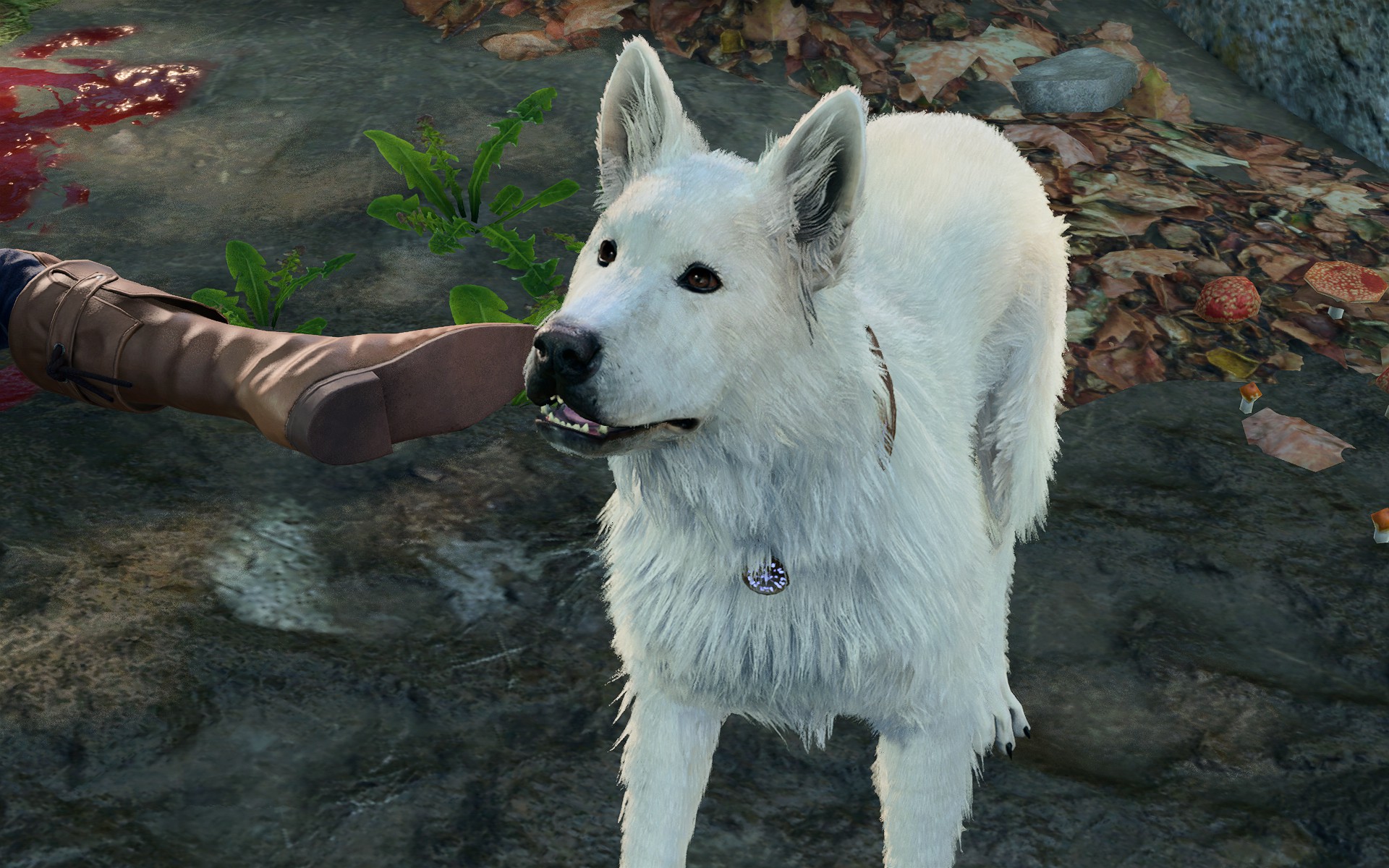
Animal Handling (Wis)
Makes you better at interacting with animals. There are plenty of furry friends to make in Baldur's Gate 3—but if you've got the Speak With Animals spell, that usually bypasses the need for this skill.
Insight (Wis)
Lets you read people and particularly spot when they're hiding something from you, which in a game this full of dialogue choices can be vital. The Detect Thoughts spell can be a stronger alternative in a lot of cases, however, and is pretty easy to get access to.
Medicine (Wis)
Honestly knowing good old-fashioned medicine isn't hugely useful in a world where you can just heal things with magic. It does let you figure out what's ailing some NPCs, as well as forensically working out how something died (assuming you don't want to just raise them from the dead and ask them), but on the whole, isn't a commonly used skill.
Perception (Wis)
Being good at spotting things is perhaps the most important skill in D&D 5e, and that certainly applies to Baldur's Gate 3 too. The game is full of hidden things to find, from buttons and levers to secret doors and deadly traps. Everyone in your party gets to roll if something is nearby, which increases your odds, but it's still worth having proficiency in this if you can—it always pays dividends.
Survival (Wis)
Used for knowing your way around the wilderness, tracking prey, and otherwise being like Bear Grylls. More importantly, it lets you detect buried treasure—just make sure to bring a shovel.
Deception (Cha)
If you like lying your way to what you want, you'll find tons of opportunities to use this skill. As you'll usually be using your main character's skills only in dialogue, it definitely makes sense to take at least one of Deception, Persuasion, or Intimidation to give yourself more options.
Intimidation (Cha)
Scare people into doing what you want. Keep in mind that if you focus on this as your main social skill, it's often going to lead to pretty evil choices—you'll be a bit of a bully.
Performance (Cha)
If you're not a bard, you probably don't need to be good at playing musical instruments, and even if you are it's not a high-priority skill. You can make a bit of money by performing for the locals, but equally, you could just spend that time selling spoons and cups to merchants instead.
Persuasion (Cha)
Lets you charm people into doing what you want. Probably the most useful and versatile of the three key social skills, especially if you like being the nice guy—if you're not sure which one to go for, this is your safest bet.

Formerly the editor of PC Gamer magazine (and the dearly departed GamesMaster), Robin combines years of experience in games journalism with a lifelong love of PC gaming. First hypnotised by the light of the monitor as he muddled through Simon the Sorcerer on his uncle’s machine, he’s been a devotee ever since, devouring any RPG or strategy game to stumble into his path. Now he's channelling that devotion into filling this lovely website with features, news, reviews, and all of his hottest takes.

